The investigation suggests that a failure in Ingenuity's navigation system led to a hard landing, causing the mission to end.
Though Ingenuity’s flight days are over, the intrepid explorer will still gather data just by sitting on the Martian surface.
“When running an accident investigation from 100 million miles away, you don’t have any black boxes or eyewitnesses,” said Håvard Grip, Ingenuity’s first pilot from Jet Propulsion Laboratory . made history… again. From 100 million miles away, we performed the first aircraft accident investigation on another planet. This analysis supports future flights on other worlds.Initially, it was designed for a brief 30-day mission with five flights.
“While multiple scenarios are viable with the available data, we have one we believe is most likely: Lack of surface texture gave the navigation system too little information to work with,” Grip added.
United States Latest News, United States Headlines
Similar News:You can also read news stories similar to this one that we have collected from other news sources.
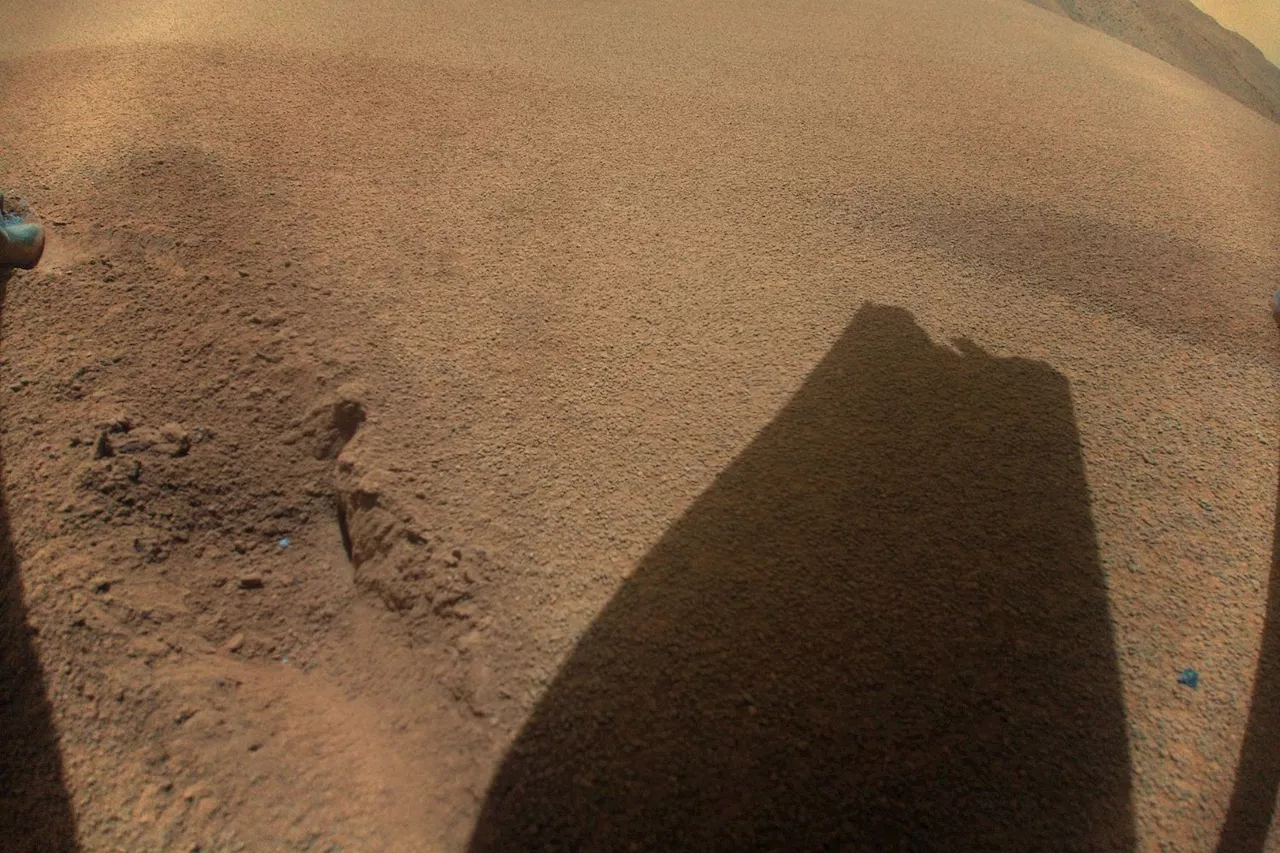 The First Helicopter Crash on Mars: NASA Pinpoints What Went Wrong During Ingenuity’s Final FlightThe intrepid Mars helicopter broke down in January 2024, and the space agency now knows why.
The First Helicopter Crash on Mars: NASA Pinpoints What Went Wrong During Ingenuity’s Final FlightThe intrepid Mars helicopter broke down in January 2024, and the space agency now knows why.
Read more »
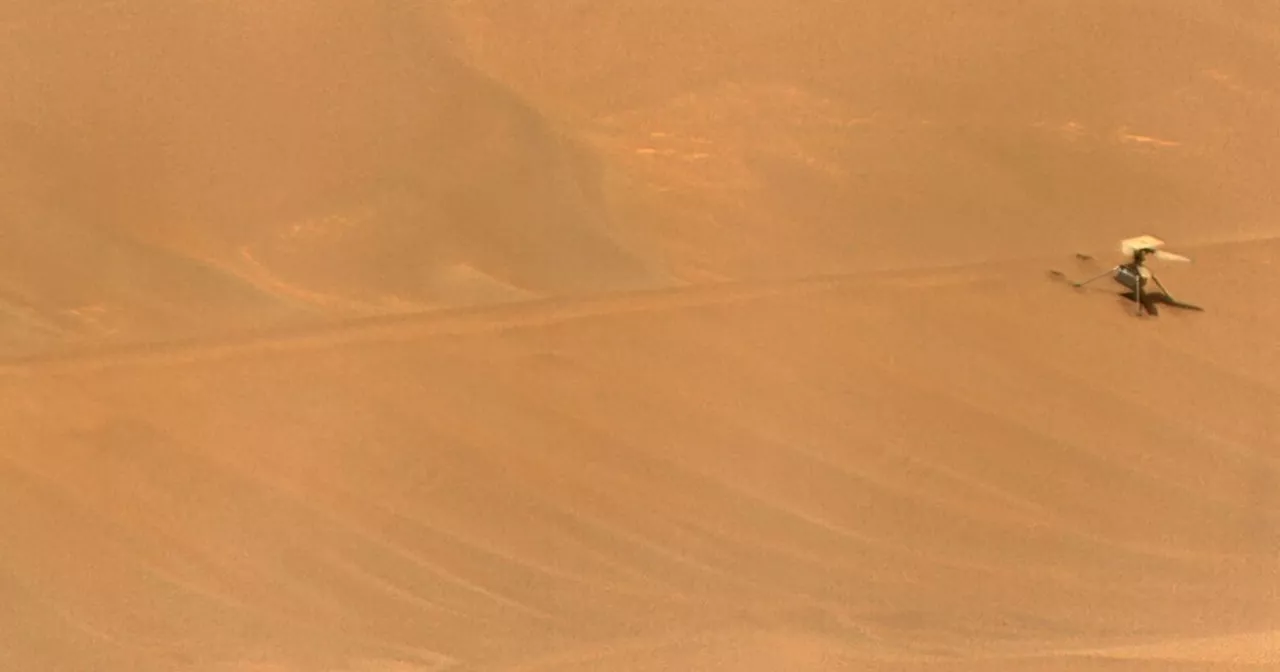 NASA learns how the Ingenuity helicopter ended up crashing on MarsThe Ingenuity helicopter flew on Mars for an incredible 72 flights. Now, NASA has shared findings of why the mission came to an end.
NASA learns how the Ingenuity helicopter ended up crashing on MarsThe Ingenuity helicopter flew on Mars for an incredible 72 flights. Now, NASA has shared findings of why the mission came to an end.
Read more »
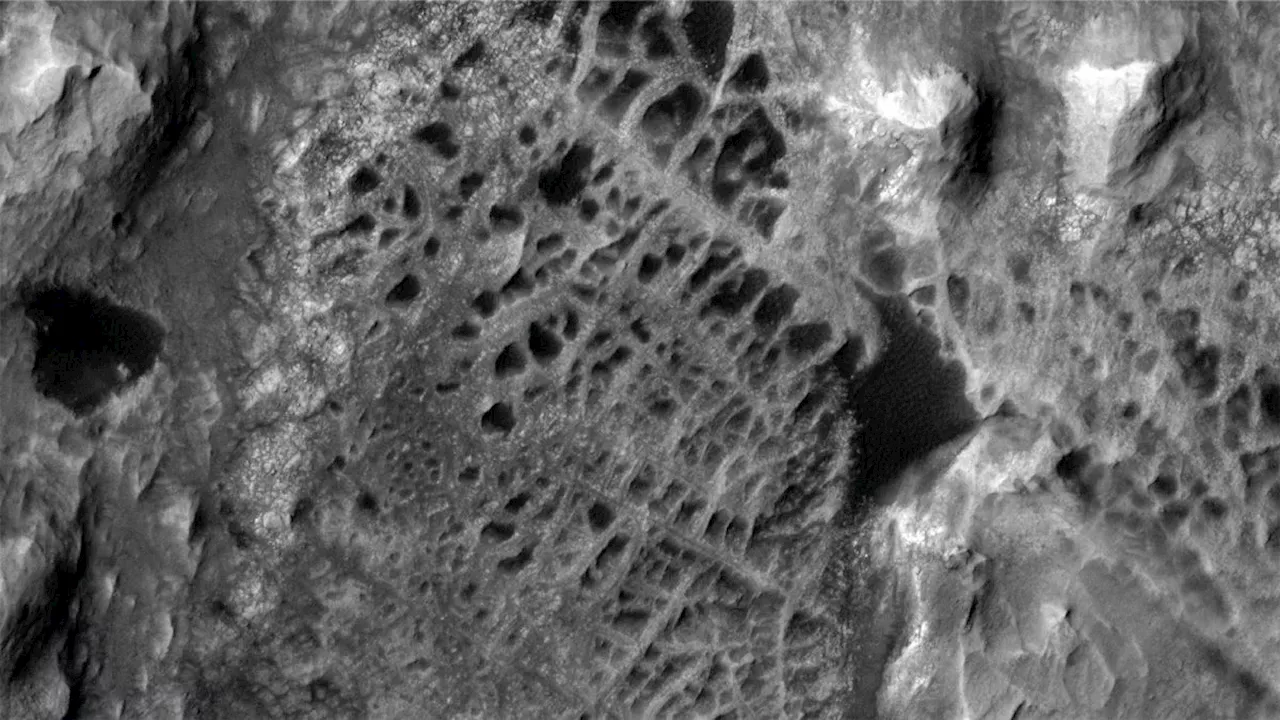 NASA Mars Rover Exploring Spiderweb-Like Patterns on MarsScience and Technology News and Videos
NASA Mars Rover Exploring Spiderweb-Like Patterns on MarsScience and Technology News and Videos
Read more »
 Lessons learned from Ingenuity Mars helicopter will play into designs for follow-on craftEngineers now say they understand the most likely cause of the Ingenuity helicopter's crash landing on Mars earlier this year.
Lessons learned from Ingenuity Mars helicopter will play into designs for follow-on craftEngineers now say they understand the most likely cause of the Ingenuity helicopter's crash landing on Mars earlier this year.
Read more »
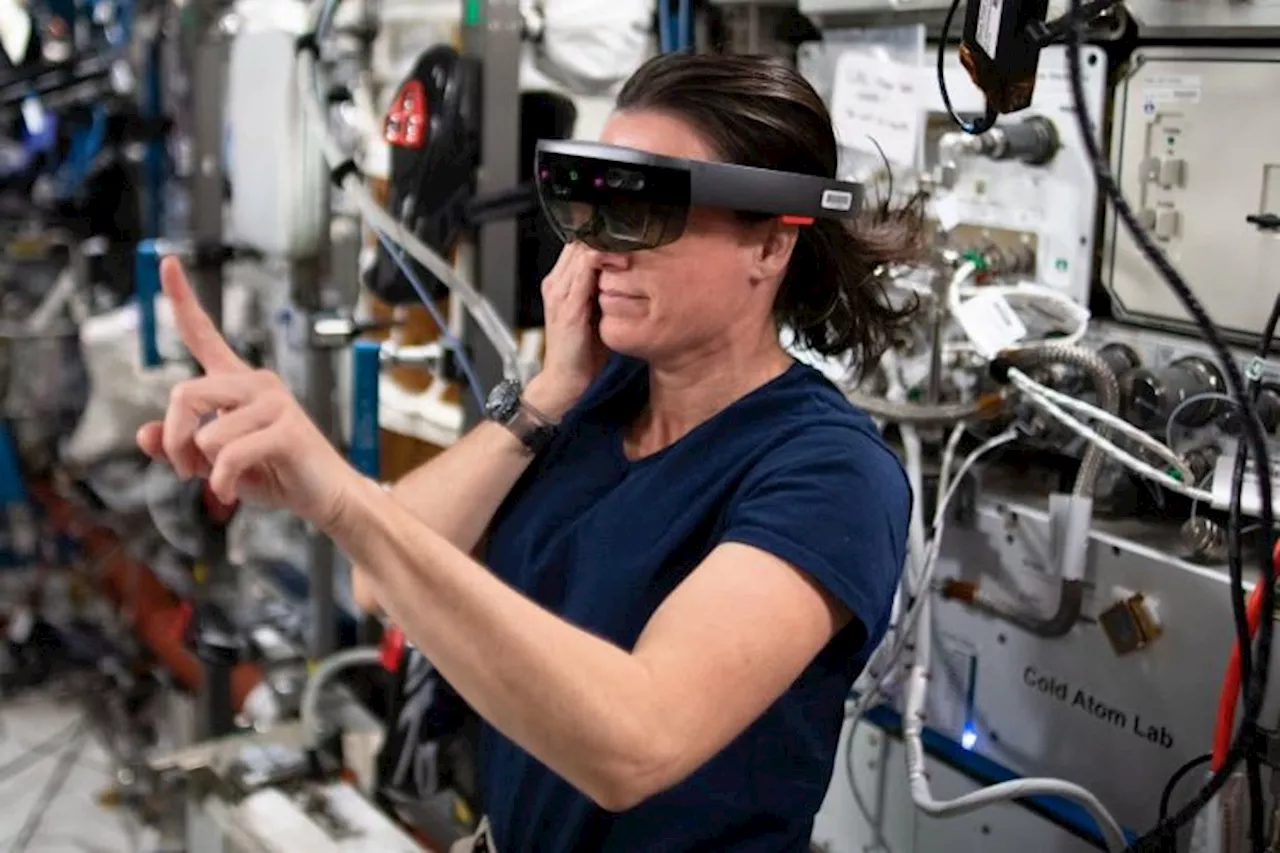 Enhancing Mars Exploration Telemetry-Driven Information System (METIS) for Future Mars MissionsAn international team of researchers, led by the German Aerospace Center, introduces improvements to the Mars Exploration Telemetry-Driven Information System (METIS). The study aims to address communication challenges between Earth and Mars, which can take up to 24 minutes due to orbital positions. These enhancements could significantly benefit future astronauts on Mars, developing more efficient technology for long-term space missions, including those to the Moon.
Enhancing Mars Exploration Telemetry-Driven Information System (METIS) for Future Mars MissionsAn international team of researchers, led by the German Aerospace Center, introduces improvements to the Mars Exploration Telemetry-Driven Information System (METIS). The study aims to address communication challenges between Earth and Mars, which can take up to 24 minutes due to orbital positions. These enhancements could significantly benefit future astronauts on Mars, developing more efficient technology for long-term space missions, including those to the Moon.
Read more »
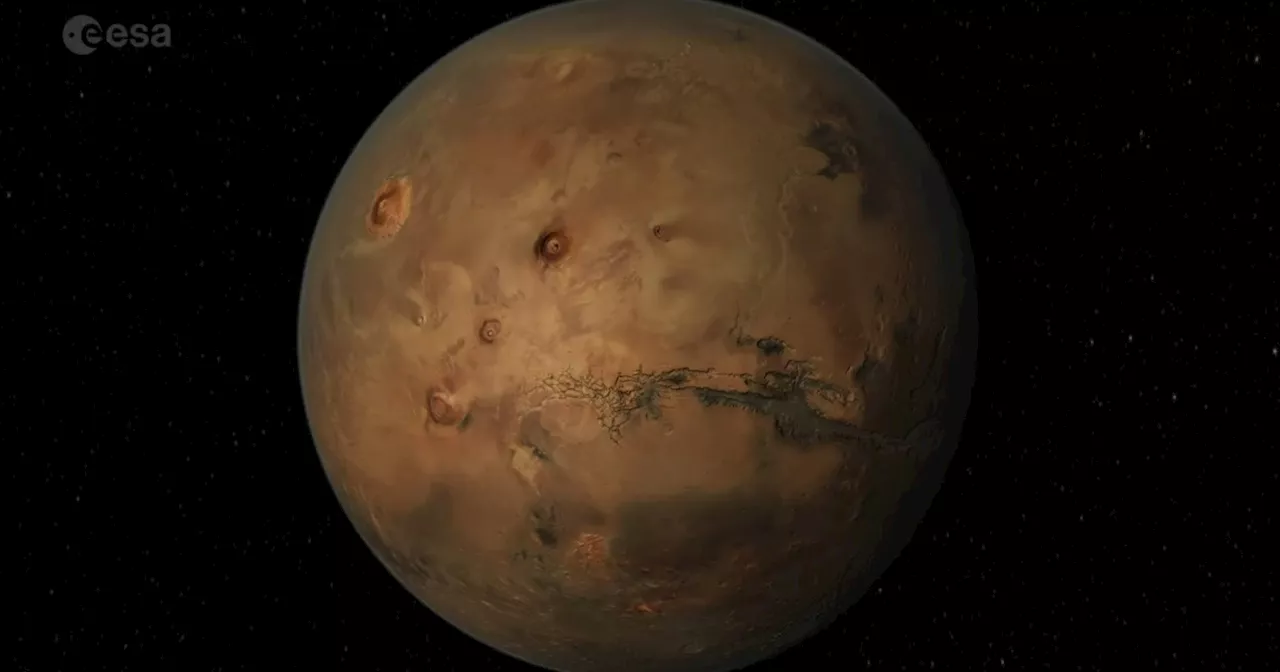 Take a flight over Mars’ Ares Vallis in a new video from Mars ExpressDT Video
Take a flight over Mars’ Ares Vallis in a new video from Mars ExpressDT Video
Read more »
